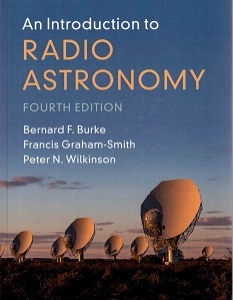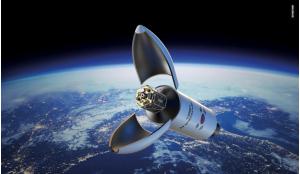This “fully updated and extensively rewritten” text provides a comprehensive overview of the field of radio astronomy for students and researchers alike. Its three main sections cover the emission, propagation and detection of radio waves; radio telescopes and aperture synthesis; and the radio cosmos – in essence, the instruments, the telescopes and what they observe in 500 pages.
Radio astronomy became ‘famous’ with the discovery of the cosmic background radiation in 1965 and the discovery of pulsars the following year; although it fails to excite the public in the same way as optical astronomy, it continues to provide an ever-expanding window on the universe. As the authors suggest, this book will be useful for those involved in the Square Kilometre Array (SKA) telescope currently under development, but its contents have a far wider remit as suggested by the photo of China’s FAST radio telescope (the world’s largest dish) on the back cover.
As one would expect from such a tome, it is replete with equations and line diagrams with the occasional photograph, but if you need to know what there is to know about radio astronomy it would seem to fit the bill. Appendices cover Fourier transforms, celestial coordinates, signal digitisation and other technical issues, and there is a reference section and index.











